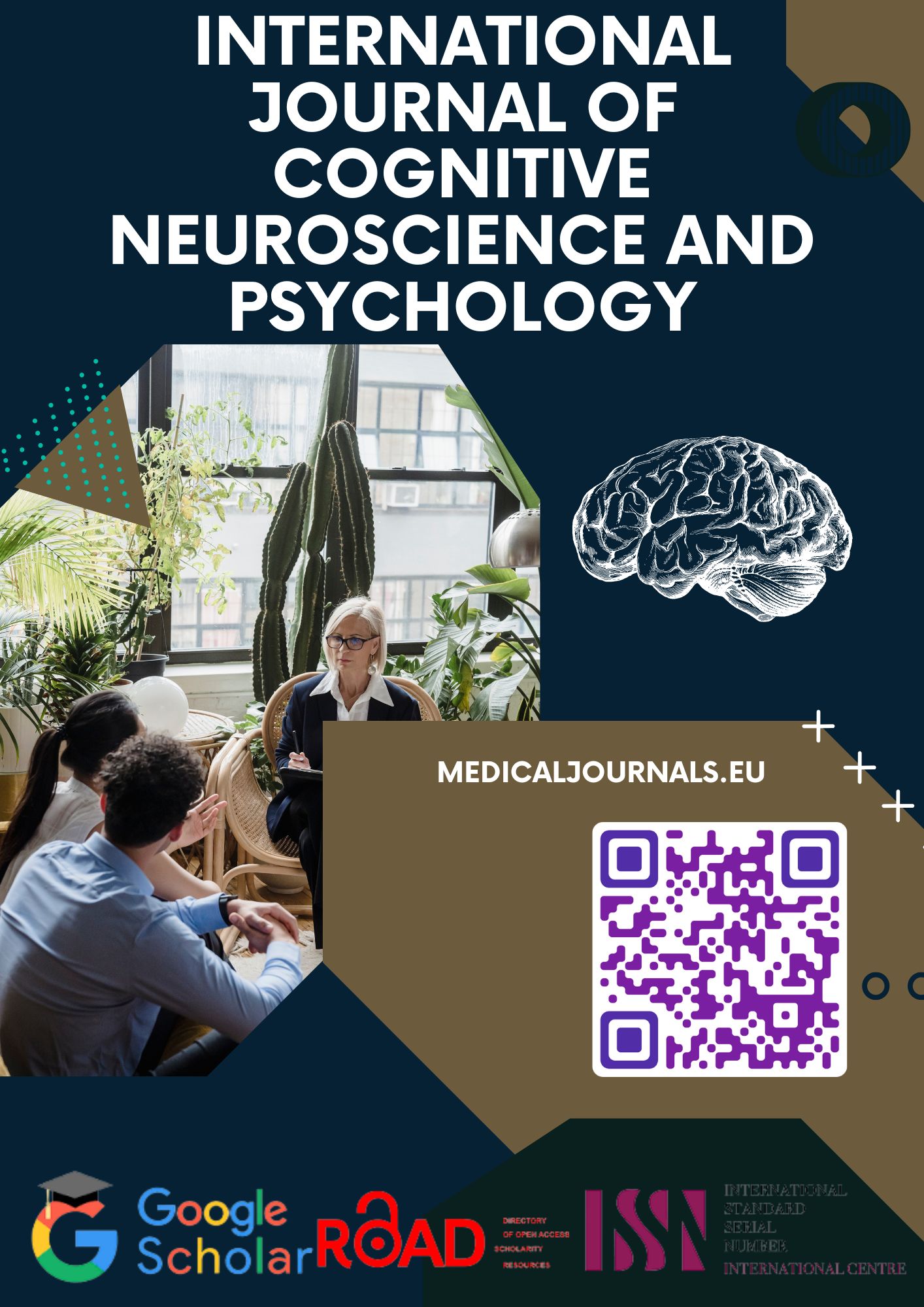Marital Adjustment among Patient with Depressive Disorder and Obsessive-Compulsive Disorder: A Comparative Study
Keywords:
Mental illness, Marital Adjustment, Disability, OCD, DepressionAbstract
Marriage is one of the important relationships between a man and women. Marriage needs commitment and emotional support which is base of relationship. Every marriage needs involvement of both partners to make their marriage successful. Life circumstances which involve financial stability, health conditions of both partners have major effect of its success. Long term mental illness as well as physical illness having negative impact on couple as well as family adjustment. Mental illness is a significant contributor to the global burden of disease and affects people in all communities across the world. If mental disorders starts at a young age; they reduce people’s functioning and often are recurring. For these reasons, mental illness is the leading cause of disability worldwide in terms of total years lost due to disability. The present study is aimed at exploring the marital adjustments among patient with depression and obsessive-compulsive disorder. Sample of the study consisted of 30 depressive patients and 30 OCD patients with age ranged between 18 to 50 years. Marital Adjustment Scale were used for present study. Results indicated highly significant differences between marital adjustment, depression and OCD. The findings of the results also show that depressive patient have poor marital adjustment.
References
American Psychiatric Association, 2000.Diagnostic and statistical manual of mental disorders (4 ed., Text th rev). Washington, DC: Author
Bernard J. Work and family: Changing roles of men and women. Palo Alto, CA: Mayfield.1984.)
Dalack GW. Perspectives on the Relationship between Cardiovascular Disease and Affective Disorder. The Journal of Clinical Psychiatry 1990; 51:4-9. )
Dettore, D., Angelo, N.L., Marazziti, D., Mucci, F., Prestia, D., & Pozza, A. (2021). A Pilot Study of Gender Differences in Sexual Arousal of Patients With OCD: The Moderator Roles of Attachment and Contamination Symptoms. Front Psychiatry, https://doi.org/10.3389/fpsyt.2020.609989
Gopal, N. R., Sudarshan, C., & Kumar, S.G. (2014). Relationship of quality of life with disability grade in obsessive compulsive disorder and dysthymic disorder. Indian Journal of Palliative Care. 20(3):212-214.
Gururaj, G.P., Math, S.B., Reddy, J.Y.C. (2008). Family burden, quality of life and disability in obsessive compulsive disorder: An Indian perspective. Journal of Postgraduate Medicine, 54(2), 91-97.
Kumar, P. Rohatgi, Kanchann. Development of marital adjustment questionnaire. Ind. J. Psychology, 1976, 51, 346-348
Rahman, A., Patel, V., Maselko, J., Kirkwood, B.(2008).The neglected ‘m’ in MCH programmes–why mental health of mothers is important for child nutrition. Tropical Medical International Health, 13: 579-583.
Thomas, E. J. (1977). Marital communication and decision making. New York, Free Press.
Veenboven, R.(1983). The growing impact of marriage. Social Indicators Research, 12, 49-63.
World Health Organization (2008). Mental Health Gap Action Programme: Scaling up care for mental, neurological, and substance use disorders. Geneva: World Health Organization.
World Health Organization (2008). Mental Health Gap Action Programme: Scaling up care for mental, neurological, and substance use disorders. Geneva: World Health Organization.








